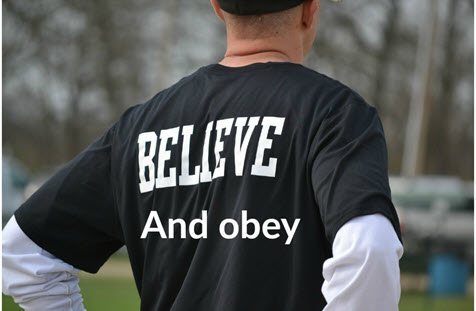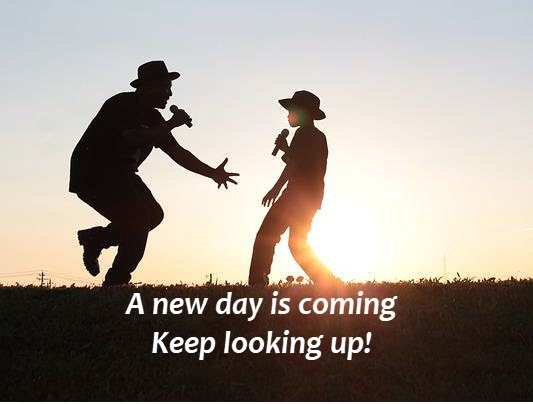Jer. 43-46 From Genesis to Revelation, we read over and over, in one form or another, that our God can be trusted because, unlike men who change their minds or vacillate, God never does. The clearest example: Num. 23:19 “God is not a man, that he should lie, nor a human being, that he should change his mind. Has he said, and will he not do it? Or has he spoken, and will he not make it happen?”
Therefore, when the people came to Jeremiah to ask for a word from the Lord, he complied, but when they heard the word, they claimed he was lying. When people don’t listen to what they want to hear, they often do as these Judahites did. People are untrustworthy, unlike God, who is. Also, they add to God’s Word, so it is palatable. God is not amused. He tells Jeremiah that these people are stubborn and rebellious—even when they see the evidence of truth. So how’s that working for them?
Why are we so slow to believe? Jesus said the same thing to the two on the road to Emmaus: “You foolish people—how slow of heart to believe all that the prophets have spoken! [Luke 24:25]
Today do I believe all that the Word of God says, or do I try to change it to fit what I want, not what God wants for me?










